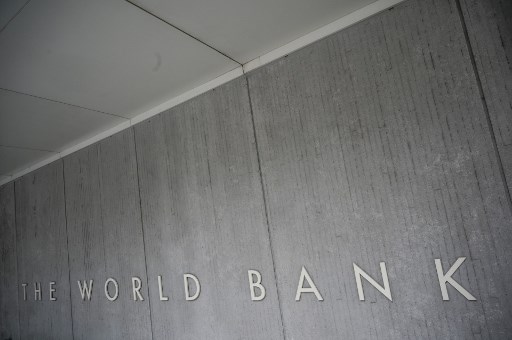Our Terms & Conditions | Our Privacy Policy
Convergence of annual meetings of IMF, World Bank in Washington provide pivotal moment for analysts
10/28/2024 6:05:08 AM
(MENAFN) The recent convergence of the annual meetings of the International Monetary Fund (IMF) and the World bank in Washington, alongside the BRICS summit in Russia, provided a pivotal moment for analysts to explore two divergent approaches to economic and financial reform. Both frameworks recognize the necessity for reform, yet they diverge markedly in their perspectives and priorities.
Western nations have outlined their reform agenda around three primary pillars. The first focuses on monetary policy, with significant central banks in developed economies beginning to reduce key interest rates in response to current economic conditions. The second pillar is fiscal policy, where the emphasis lies on stabilizing debt dynamics and rebuilding crucial financial reserves after a prolonged period of accommodating fiscal policies. The third pillar encompasses reforms aimed at enhancing growth, focusing on strategies to improve economic prospects and increase productivity across various sectors.
In contrast, the BRICS countries have advanced a reform agenda for the IMF and the World Bank that prioritizes the needs of developing nations. Their stance includes a rejection of sanctions and challenges to current money transfer mechanisms. Instead, BRICS advocates for reforms within the World Trade Organization (WTO) to reduce export restrictions and create a more equitable trading system. They propose alternative economic mechanisms such as establishing a new money transfer system, a currency payment framework, and potentially a single currency, along with the formation of a development bank to foster economic growth.
These initiatives underscore the escalating influence of BRICS, which collectively accounts for 29 percent of the global economy and 45 percent of the world’s population. This contrasts sharply with the “Group of Seven” (G7), which represents 44 percent of global GDP. Moreover, around 30 additional countries are in the process of seeking membership in the BRICS group, further highlighting its growing significance in global affairs.
According to the IMF’s latest projections, the global economy is increasingly expected to depend on BRICS nations for future growth, rather than on their wealthier Western counterparts. Despite their internal political differences and varied interests, BRICS countries are actively pursuing greater cooperation in economic and financial matters.
MENAFN28102024000045015687ID1108823989

Legal Disclaimer:
MENAFN provides the information “as is” without warranty of any kind. We do not accept any responsibility or liability for the accuracy, content, images, videos, licenses, completeness, legality, or reliability of the information contained in this article. If you have any complaints or copyright issues related to this article, kindly contact the provider above.
Images are for reference only.Images and contents gathered automatic from google or 3rd party sources.All rights on the images and contents are with their legal original owners.



Comments are closed.